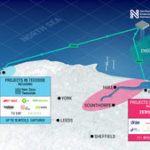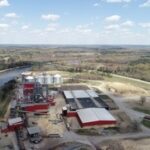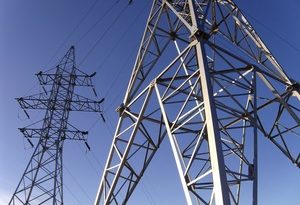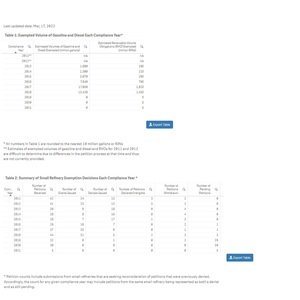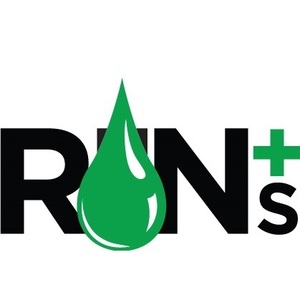Drax, Mitsubishi partner on BECCS project
Energy Disrupter
ADVERTISEMENT
Drax Group plc and Mitsubishi Heavy Industries Engineering Ltd., part of Mitsubishi Heavy Industries Group, on June 10 announced a long-term contract allowing Drax to use Mitsubishi’s Advanced KM CDR process for carbon capture. If realized, the companies said the planned project will be the largest deployment of negative emissions in power generation anywhere in the world.
Under the contract, Drax will license MHI’s unique carbon capture solvent, KS-21, to capture carbon dioxide at Drax Power Station, a biomass-fired power plant located near Selby, North Yorkshire, in the U.K.
MHI and Kansai Electric Power Co. Inc. began development of the Kansai-Mitsubishi Carbon Dioxide Removal Process (KM CDR Process) in 1990. As of May 2021, MHI said it has delivered a total of 13 commercial plants with the KM CDR Process, with two commercial plants currently under construction. The Advanced DM CDR Process will use a KS-21, a new proprietary solvent. MHI said the new solvent offers several advantages, including lower volatility and greater stability against degradation. The newer solvent is also expected to enable reduced running costs and other economic benefits.
New of the agreement comes roughly one year after Drax at Mitsubishi announced plans to deploy a bioenergy carbon capture and storage (BECCS) pilot project at Drax Power Station in the fall of 2020. Drax said in its June 10 announcement that pilot has tested two of MHI’s proprietary solvents, KS-1 and KS-21.
As part of the agreement, MHI plans to locate its core CCS team at the company’s European headquarters in London and explore additional employment opportunities in the U.K. in the future. MHI is also looking at ways to strengthen its supply chain, including the potential production of its proprietary solvent in the U.K.
Drax said planning is already underway to deploy BECSS at its power station. Construction could begin as soon as 2024 with deployment in 2027. A final investment decision has not yet been made, and is subject to the U.K. government introducing the right regulatory framework, according to Drax.
Information released by the two companies indicates Drax currently aims to deploy BECCS on two of its biomass generating units by 2030, capturing and storing up to 8 million metric tons of carbon dioxide annually.
A full copy of the Drax announcement is available on the company’s website.


